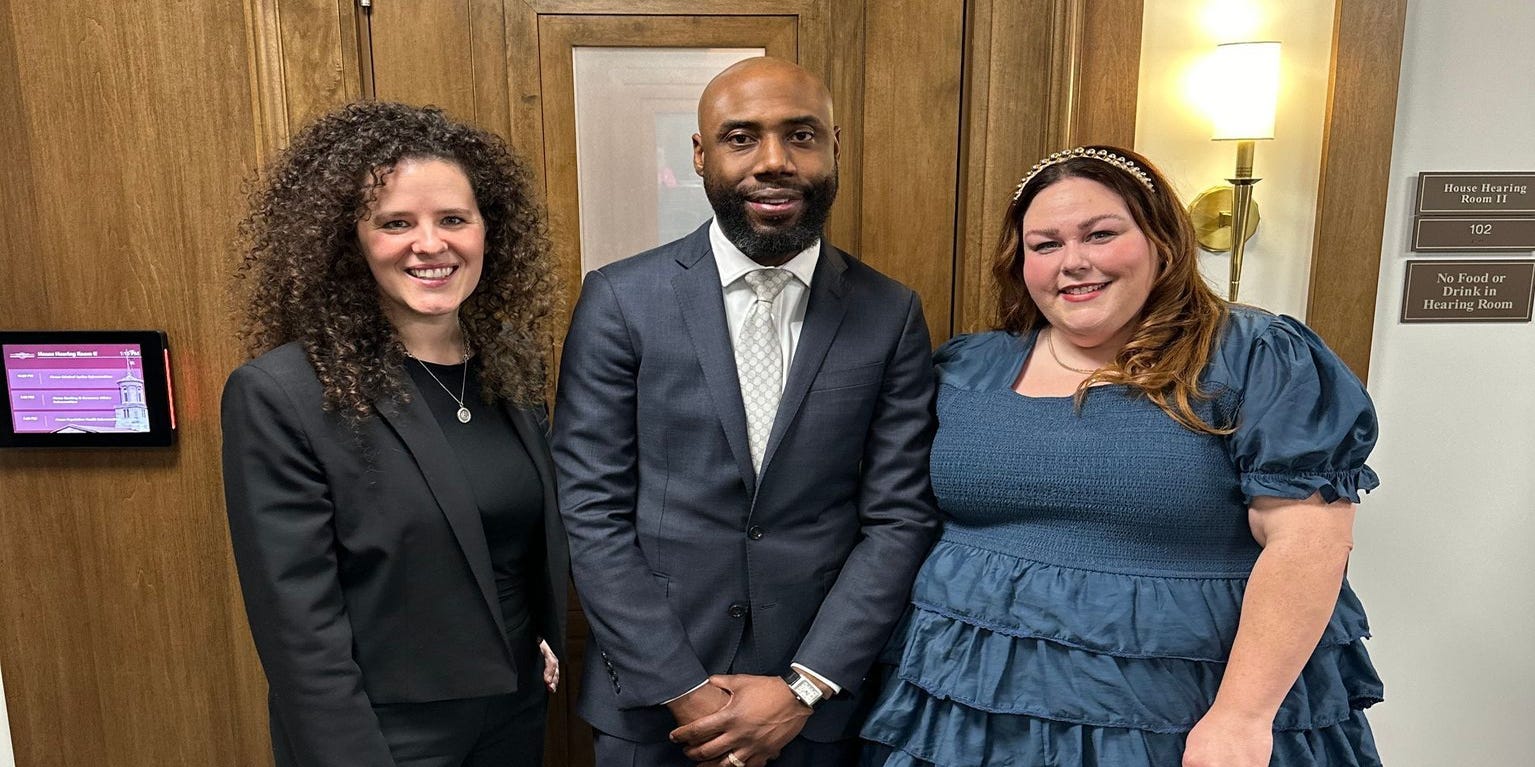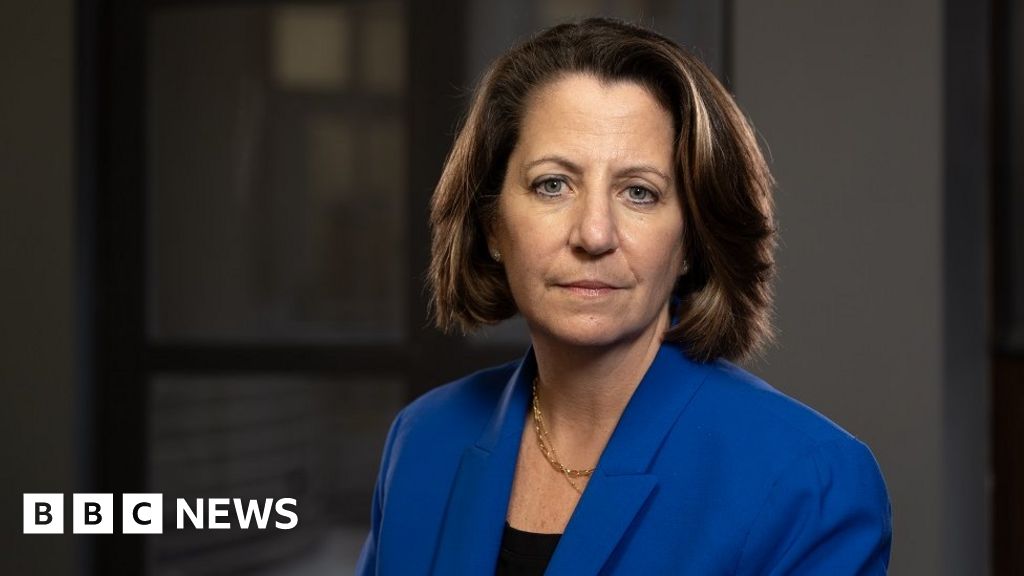
On Tuesday, a recent proposal designed to safeguard Tennessee musicians from unethical exploitation of artificial intelligence made significant progress by receiving unanimous approval from the Tennessee House Banking and Consumer Affairs Subcommittee.
Referred to as the Ensuring Likeness Voice and Image Security (ELVIS) Act – HB 2091, this bill serves to advocate for the interests of music creators in the state while extending its protection to all residents of Tennessee. With the ongoing advancements in artificial intelligence technologies, the risks associated with deepfakes and unauthorized manipulation of artists’ voices and appearances have become increasingly prevalent.
The primary objective of this legislation is to shield individuals’ voices, images, and likenesses from irresponsible uses of AI technology.
Notably, last month, Governor Bill Lee of Tennessee introduced the bill in collaboration with State Senate Majority Leader Jack Johnson (R-27) and House Majority Leader William Lamberth (R-44).
During the recent subcommittee session, notable figures such as singer and actress Chrissy Metz, songwriter board member Jamie Moore, and Jessie Richard, the Senior Vice President of Public Policy at the Recording Industry Association of America (RIAA), provided compelling testimonies.
Each of these industry professionals underscored the significance of implementing safeguards against unethical AI practices, emphasizing that such protections are essential not only for creative artists but for the broader population.
Metz expressed, “I can attest to the pain and fear coursing through the creative community. Knowing that years of committed hard work, countless heartbreaks, sacrifice, unwavering resilience […] not to mention our very own character and reputations all can be torn down in a moment by an unaccountable deepfake. I fully support free speech, and it’s appropriate that this bill preserves all First Amendment rights. However, using someone’s voice not protected by the First Amendment should not be allowed.”
Richard highlighted, “It is worth emphasizing that the ELVIS Act applies to everyone. All Tennesseans deserve to have their voices and likenesses protected and this bill will ensure just that.”
The approval of this bill within the subcommittee aligns with a broader national effort to address the misuse of AI. Lainey Wilson and Recording Academy CEO Harvey Mason Jr., along with nearly 300 other creatives, showed their support by endorsing a bill with federal protections known as the No AI FRAUD Act.
Wilson also presented testimony before Congress on Feb. 2, stating, “I do not have to tell you how much of a gut punch it is to have your name, your likeness or your voice ripped from you and used in ways that you could never imagine or would never allow. It is wrong, plain and simple.”










